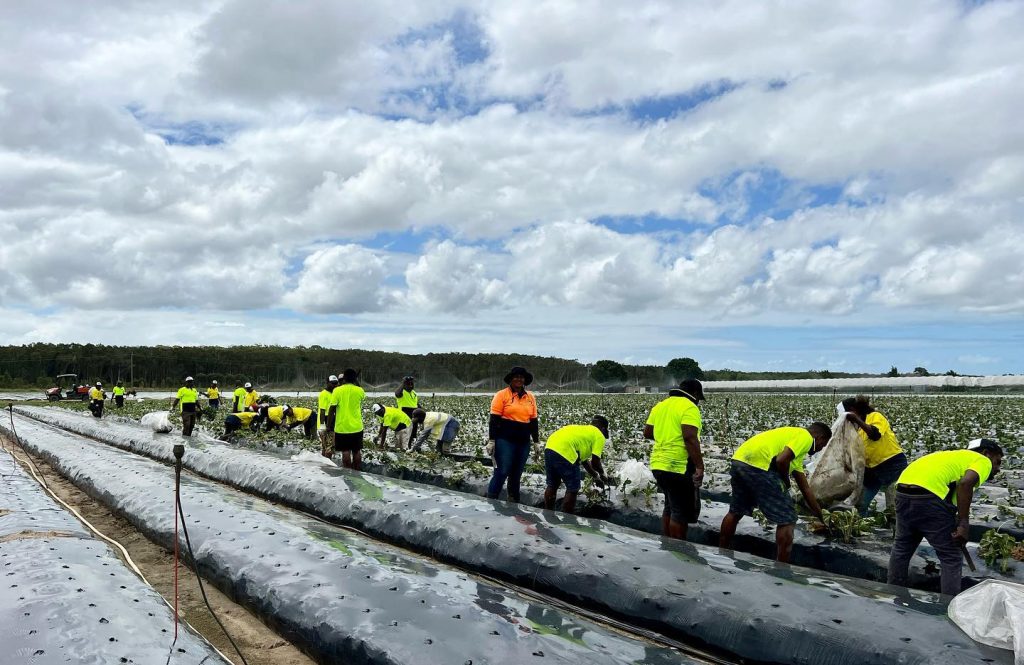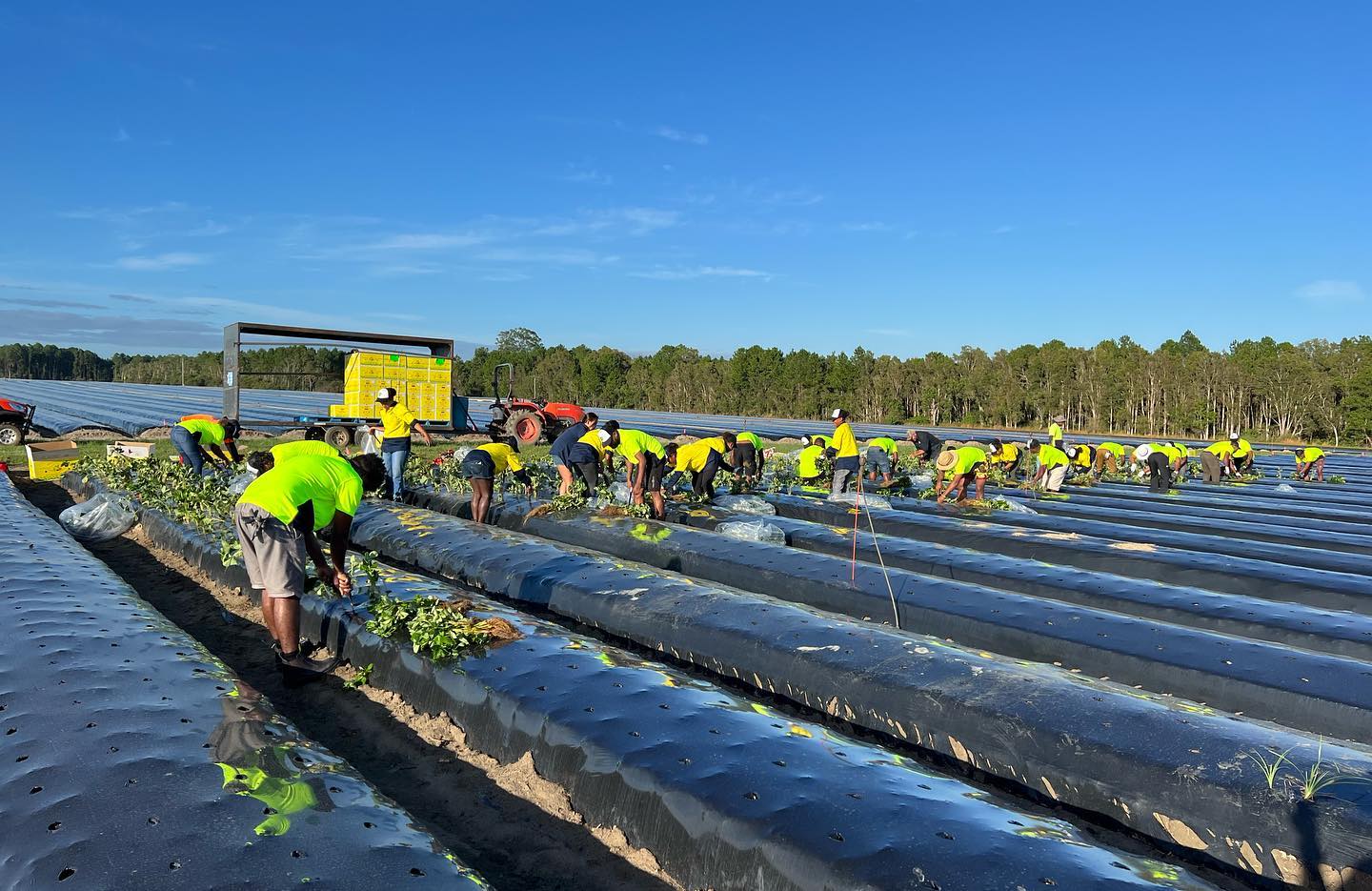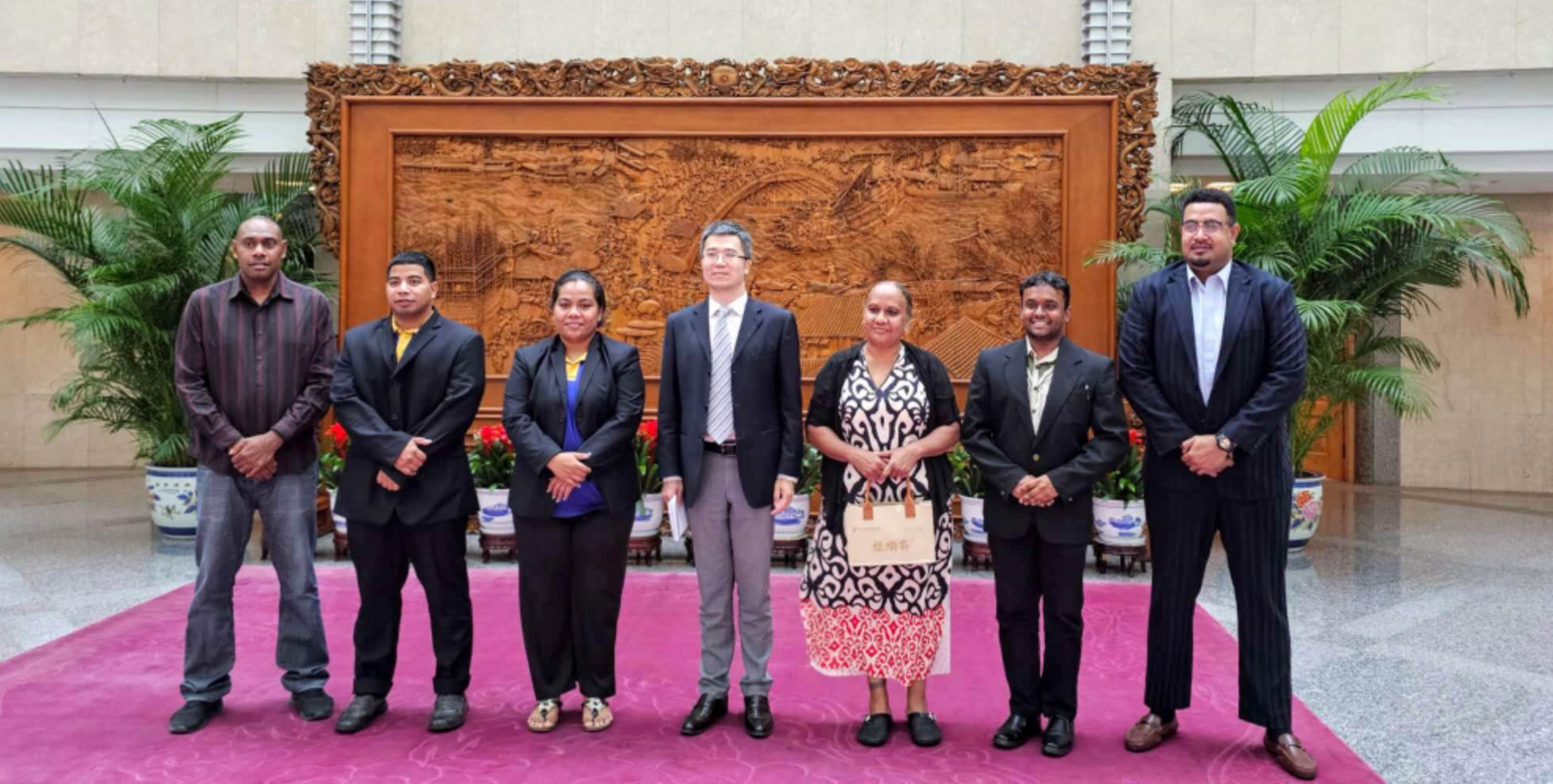MANY Solomon Islands seasonal workers engaged under the Australia’s Pacific Australia Labour Mobility (PALM) Scheme are desperate to leave, citing harsh working conditions, low pay and unfulfilled promises to improve their welfare.
Because of the situation, many local workers have absconded their original assigned work place.
Some have described their experiences on one Queensland berry farm as exploitative and akin to modern-day slavery.
Speaking exclusively to the Solomon Star in an interview, a local working as a team supervisor at the farm in one of the Queensland Berries Outback said, up to 100 Solomon Islanders are still employed there.
“But many are planning to leave, citing harsh working conditions, low pay, and unmet promises about worker welfare.”
The local workers said, most of the workers are now absconders because they are searching for better opportunities and companies that treat them fairly.
Workers revealed that despite being recruited under promises of fair wages and good conditions, the reality upon arrival in Australia was starkly different.
“The contract terms and conditions changed when we arrived here. What was explained during recruitment was not what we faced on the ground,” the supervisor who is a female and wish to remain anonymous said.
She added that for the past three to four years, little has improved. “Many Solomon Islanders have left this farm every year.
“The number keeps dropping. Even some of the short-term workers under the PALM scheme have already escaped.”
Workers described earning significantly less than expected, with weekly deductions and increasing tax obligations further shrinking their take-home pay.
“The companies we signed with pay less compared to the work we do. But we’ve learned that other companies pay better,” another worker expressed.
They claimed that employers deduct fees for accommodation, transport, and other costs without transparency.
This also happened in other companies located in the rural outback farms in Australia.
“By the time all the deductions are taken out, we’re left with barely anything. And yet we are working long hours under tough conditions,” the worker added.
Frustration is mounting over what workers describe as broken promises. They were told by recruitment agents that the PALM Scheme would provide a pathway to financial stability for them and their families.
Instead, many feel trapped in an exploitative cycle.
“There are many things we suffer in silence. We were told conditions would improve, that better support would come, but nothing has changed.
“Now, many have lost hope and are leaving the farms to find better employers,” the Supervisor added.
Some workers have reportedly found new jobs and secured visas with fewer restrictions, allowing them to work across Australia without being tied to a single employer, a status referred to as “absconders” by Australian authorities.
Critics said that some Australian farm employers and recruitment agencies present their opportunities with misleading promises, glossing over the challenges and pressures of the actual work environment.
“Recruiters make everything sound perfect during the selection process. But once you arrive, the shiny packaging peels off.
“Then you see the truth — it’s all about profits, not people,” a worker who left her assigned farm last month told the Solomon Star.
At the same farm in the rural outback of Queensland, the berries company has banned workers from Vanuatu.

The decision was reportedly due to allegations of poor behaviour and strained relations between the Vanuatu workers and the company’s management.
As a result, citizens of Vanuatu are no longer permitted to apply for or work at the farm. Currently, only workers from the Solomon Islands, Timor-Leste, Tonga, and Samoa remain employed at the site.
However, currently many left the farm as absconders due to the same poor condition or ‘modern slavery’ so to say, the supervisor added.
This situation highlighted broader concerns about the oversight and accountability mechanisms within Australia’s Pacific Australia Labour Mobility (PALM) Scheme, especially regarding worker welfare, contract compliance, and grievance resolution.
Advocates and community leaders in the Solomon Islands have urged their national government to increase monitoring of labour mobility partnerships and ensure protection against exploitative practices.
Although the PALM Scheme was established to address labour shortages in regional Australia while providing economic opportunities for Pacific Islanders, it is now under growing scrutiny from several Pacific nations. ‘
As more workers walk off farms or raise complaints, both Australian and Pacific governments may be compelled to reassess the scheme’s structure and whether it is truly serving its intended goals.
As of August 2024, over 30,000 workers were employed through the PALM Scheme, primarily in agriculture and meat processing.
The Australian government continues to promote the program as a “triple win” — benefiting employers, workers, and Pacific economies.
However, the scheme has faced ongoing criticism related to worker exploitation, substandard living and working conditions, allegations of modern slavery, a rising number of worker deaths, and concerns over brain drain from participating countries.
According to reports from the Herald Sun and ABC, at least 10 Solomon Island nationals had died while participating in the PALM Scheme as of August 2024.
These deaths are part of a wider pattern: 29 PALM workers from across the Pacific died during the 2022–2023 financial year, making it the deadliest period in the scheme’s history.
Reported causes include workplace accidents, medical emergencies, and road incidents. For example, a 36-year-old Solomon Islander was killed in a car crash in Queensland in late 2024.
Additionally, two Solomon Island workers have filed legal actions against their employers over injuries sustained during their time under the scheme.
Meanwhile, a recent report two Solomon Islanders have been deported from Brisbane Airport due to visa breaches.
About 6,982 local workers are currently working in the agriculture, meat and aged-care sectors in Australia and Solomon Islands Government is planning to increase the number of workers to 16,000 by 2028
By ULUTAH GINA
Solomon Star, Gizo





